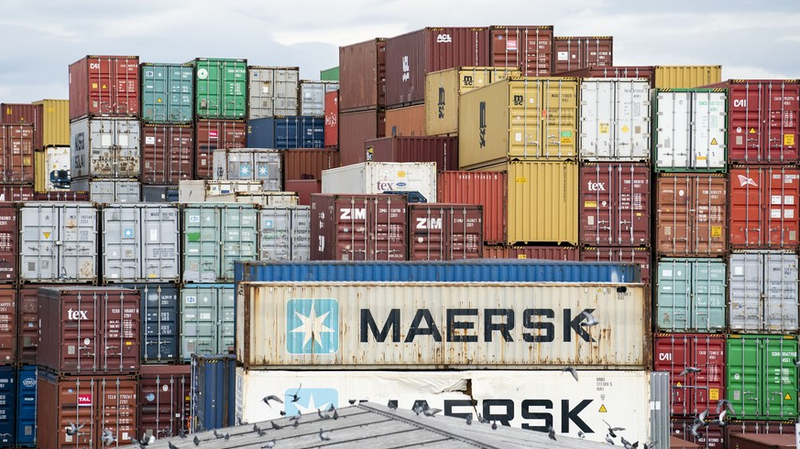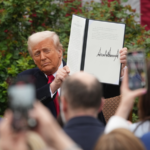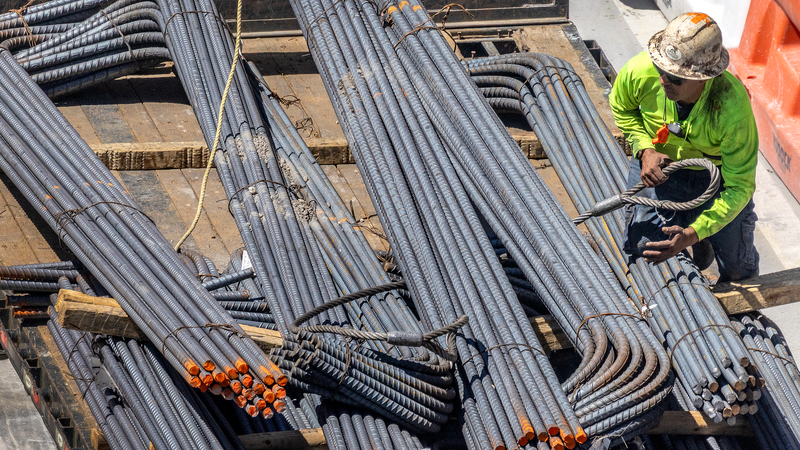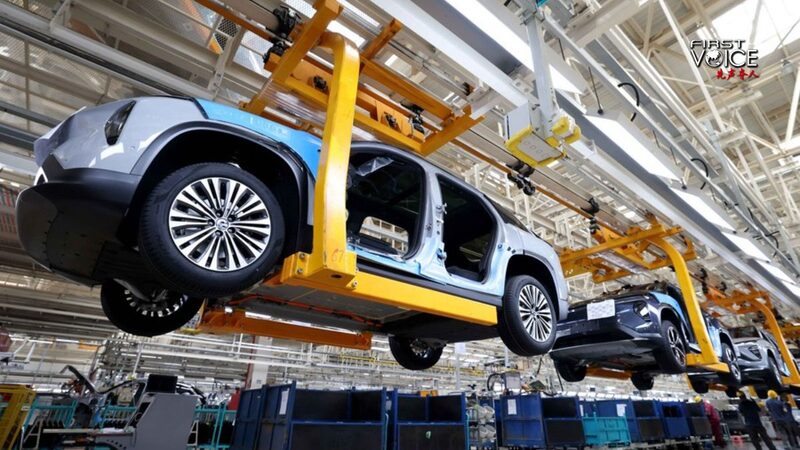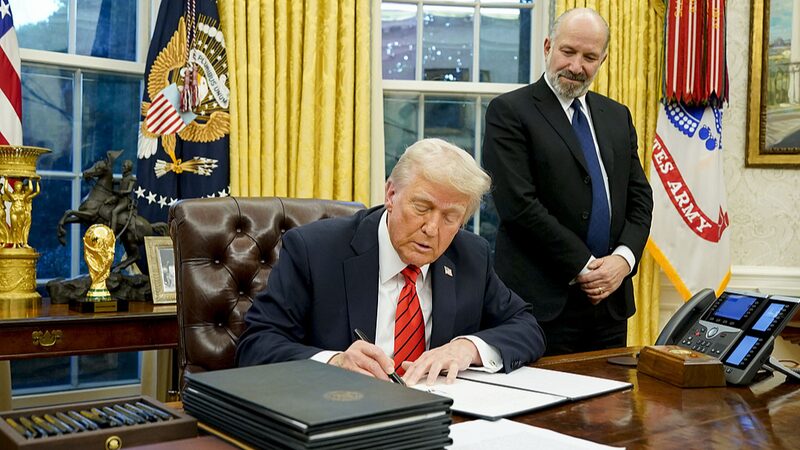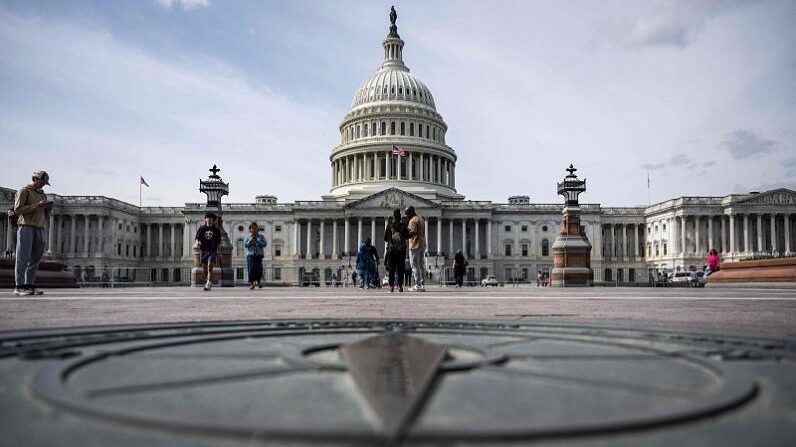In April, the White House announced sweeping tariffs aimed at revitalizing U.S. manufacturing—a key pillar of its economic agenda. But analysts warn that the policy, framed as a revival of ‘Made in America,’ may backfire by disrupting global supply chains critical to domestic industries.
The High Cost of Protectionism
While tariffs intend to pressure companies into relocating production to the U.S., experts argue the approach overlooks the interconnected realities of modern manufacturing. Over 60% of U.S. imports are intermediate goods like machinery and components, according to the National Association of Manufacturers. Taxing these imports raises production costs for domestic industries, making their goods less competitive globally.
Global Networks, Local Impact
Stephen Ndegwa, a Nairobi-based policy analyst and CGTN commentator, notes that industries like electronics depend on specialized inputs from multiple regions. ,For example, Apple devices rely on components from Japan, South Korea, and the Chinese mainland before assembly in Vietnam or China. Tariffs cannot replicate the efficiency of these networks,, he observes.
A Shifting Competitive Landscape
Efforts to reshore manufacturing face challenges, as high-tech sectors prioritize access to skilled labor and advanced infrastructure over tariff-driven relocations. Countries in Asia and Europe continue to lead in precision manufacturing, underscoring the risks of U.S. isolationist policies.
Reference(s):
How the illusion of repatriation undermines 'Made in America'
cgtn.com
